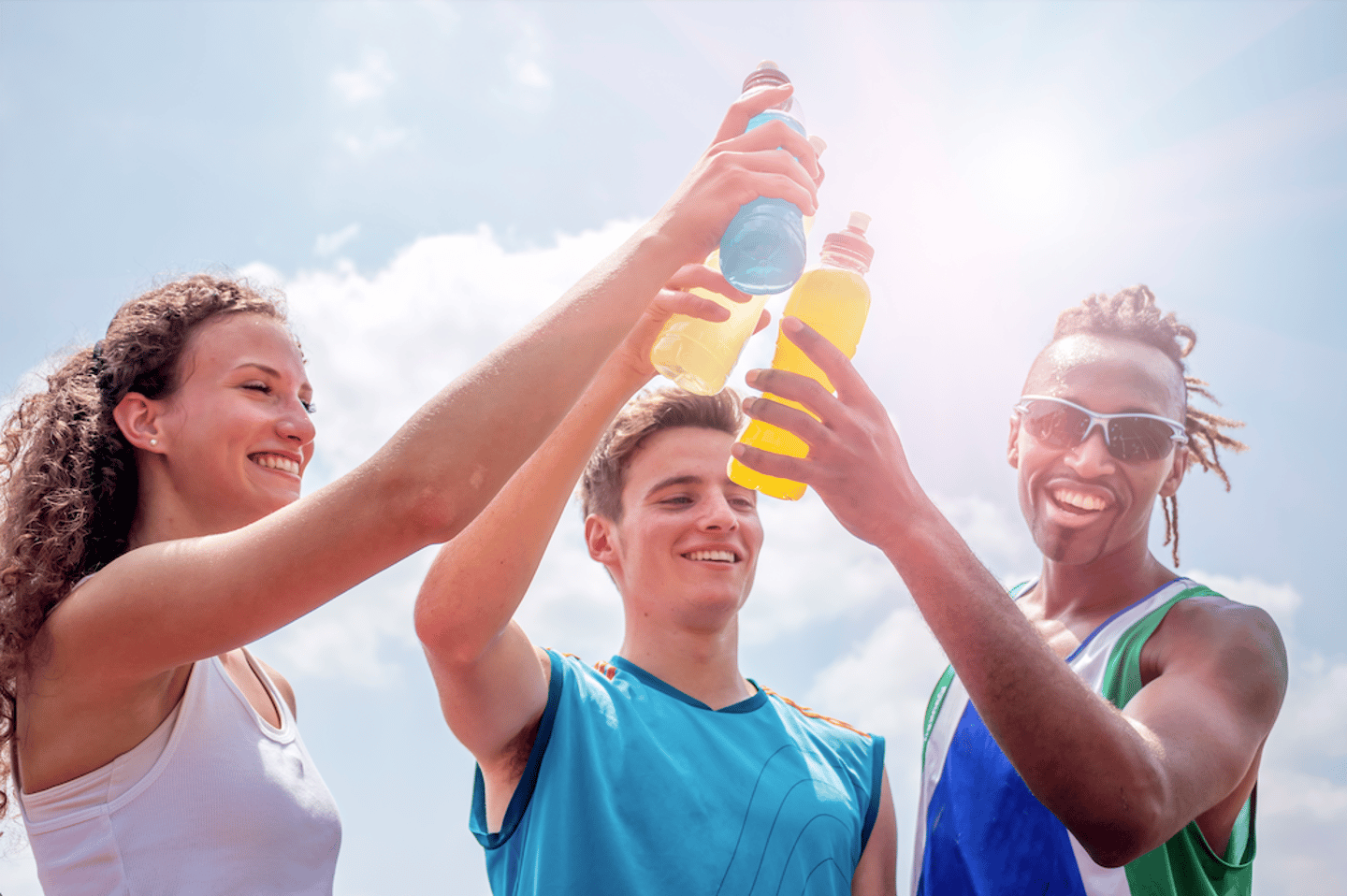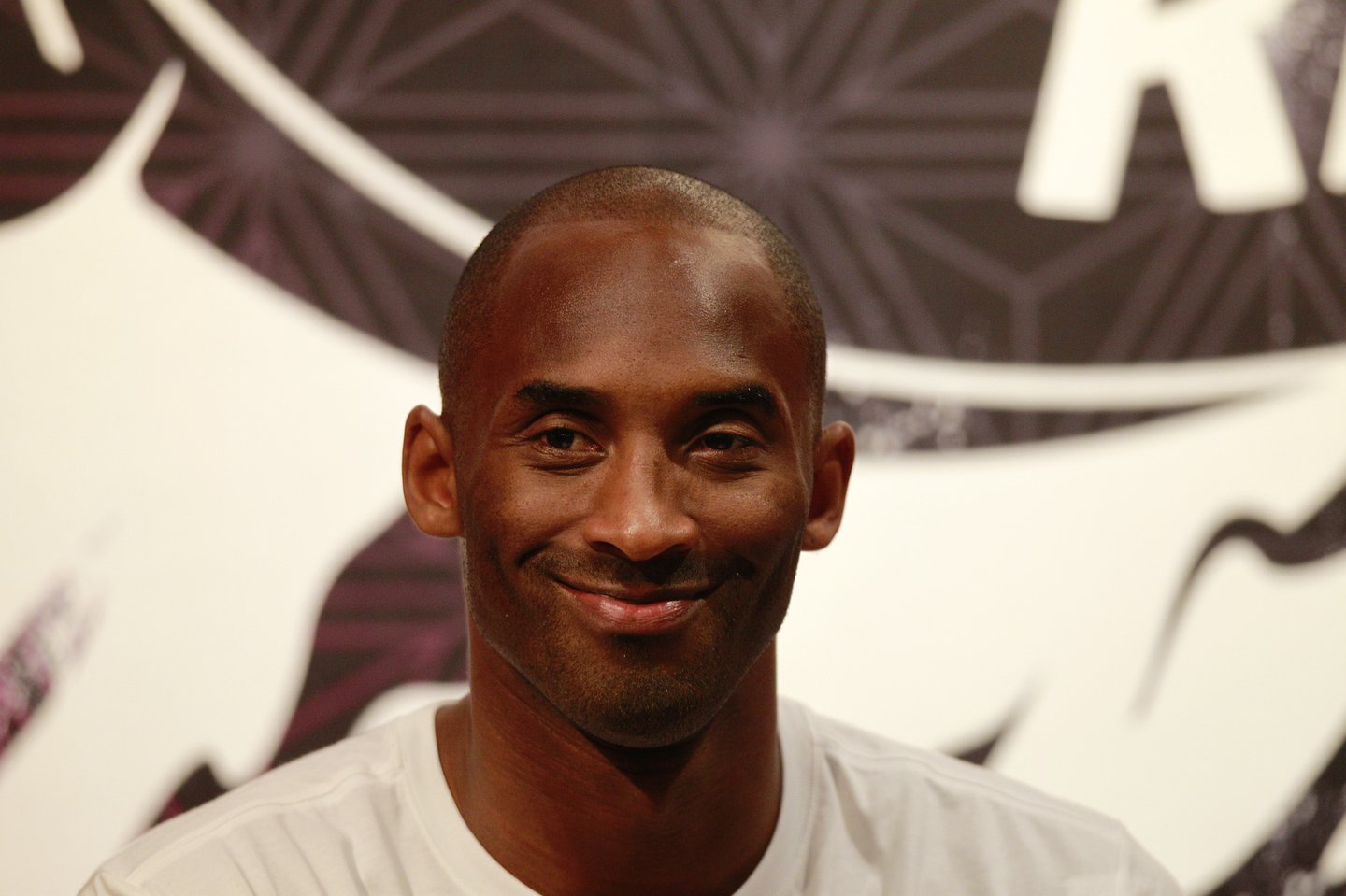CATEGORY CHECK: Scoring with sports drinks
How times have changed… The first sports drink dates to 1927 when a U.K. chemist named William Owen developed Glucozade. It was basically a water and glucose recipe that catered not to athletes and those with active lifestyles, but to people who were ill. In an ah-huh moment in the 1980s, the company, marketing the drink rebranded as Lucozade, did a major repositioning and sold it as a drink to replenish lost energy.
Then there’s Gatorade, created originally with carbohydrates and electrolytes around 1965 for the University of Florida’s football team. It was called a “sleepy little brand” until Quaker Oats Co. bought it in 1983 and marketed it with help from basketball superstar Michael Jordan. PepsiCo purchased Gatorade in 2001. The sports drink continues to dominate the category.
The timing could be right for some challengers to carve out a bigger market share of their own. The demand for sports drinks, especially those that fall under the “functional” beverage umbrella, is still growing and the projections for growth look rosy. Statista pegs the annual increase between 2023 and 2027 at 7.16%. for both energy and sports drinks. Sales of fortified/functional sports beverages alone jumped by about 13% from 2017 to 2022, while reduced sugars SKUs saw a healthy 20% boost.
New to Canada
New players are hopeful that they can make score points with Canadian consumers and win big in c-stores. One such notable new entry into the Canadian market is BodyArmor Sports Nutrition backed by the might of Coca-Cola Co., which acquired 100% ownership in 2021 for $5.6 billion. BodyArmor (Strawberry Banana, Fruit Punch, Orange Mango, Strawberry Grape, Tropical Punch) and its low-cal version, BodyArmor Lite (Peach Mango, Blueberry Pomegranate, Dragonfruit Berry), is rolling out across Canada in early 2024.
BodyArmor is betting on being unique to stand out in a crowded category.
“BodyArmor disrupted the sports drink category by offering a premium coconut-water based product, packed with electrolytes and antioxidants,” says Tom Gargiulo, chief marketing officer, BodyArmor Sports Nutrition. “It was the first time a brand tried something different and brought consumers a better hydration option than what was currently on the market, as it contains no artificial flavours, sweeteners or dyes.”
As trend watchers have noted, consumers want more bang for their buck, seeking health benefits from what they drink and eat more than ever before. “People are paying attention to ingredients,” says Gargiulo. “This matters to them. We know they are looking for a sports drink that will hydrate them, of course, but they want it to contain better ingredients and taste good, too. BodyArmor offers all of that.”
While buyers are keen on functionality, they don’t want it to come with artificial ingredients, he notes. “BodyArmor is going to shake up the sports drink category by bringing a unique offering to the market, but also through unique marketing strategies and tactics. We are in the process of cooking something exciting up with our newly signed A-list partners and can’t wait to share it in the new year.”
The brand is no stranger to A-list partners. The late basketball superstar Kobe Bryant was an early investor in the company, its third-largest shareholder and a member of its board of directors. According to a story published by Forbes, BodyArmor’s CEO, Mike Repole, made a promise to the late Kobe Bryant that the brand would become the top-selling sports drink by 2025. It’s game on for BodyArmor so expect big things ahead.
Another new player to watch is Electrolit. It already has a proven track record. The brand was first launched in Mexico by Grupo PiSA, a pharmaceutical company in Latin America. It has a strong 70-year history as a leader in the sports drink category there.
Electrolit entered the U.S. market in 2014, securing leading c-store retailers like 7-Eleven and Circle K. It continues to make a big splash, with sales increasing more than tenfold over the last five years. Credit goes to a science-based formula and the sales and distribution might of Keurig Dr Pepper. It’s a true testament to KDR’s belief in the potential of sports drinks.
Electrolit is also making headway in Canada. Leading the charge is Enrico De La Torre, the former PepsiCo-Red Bull-Aurora Cannabis exec hired as Electrolit’s commercial director for Canada in late 2022. Being different from other sports drinks available may give it an appealing edge for consumers, who are looking for a more serious way to rehydrate.
“Electrolit is a scientifically formulated, rapid rehydration beverage that replenishes the body with electrolytes,” explains De La Torre. “Our product is made with high quality, pharmaceutical grade ingredients and is sweetened with natural glucose, Stevia and molasses. It also contains a complete and balanced blend of electrolytes and ions, including sodium, magnesium, potassium, calcium and chloride.”
Getting noticed in a crowded marketplace isn’t easy, but Electrolit is building momentum.
“Our biggest focus is making Electrolit more widely available and easier for Canadians to find wherever they often purchase their food and beverages, whether that is at their local convenience, grocery, or drugstore or online,” he says. “We are also connecting with consumers during times of need so that they can try our product and experience its functional benefits at sporting events, cultural events, music festivals, or while performing laborious work. We’re getting our product into the hands of consumers to sample and experience what Electrolit is all about.”
Trends driving consumption
A key driver for the interest in sports drinks is rapid hydration.
“It is one of the hottest trends in beverages,” says De La Torre. “This growing sub-segment is in high demand as consumers look for more functionality and better-quality ingredients in their beverages.” He also predicts increased innovation around flavours, as well as lower and zero-calorie options. Starting May 1, Electrolit will bring its zero-sugar version to Canada with two of its most popular flavours—Berry Blast and Lemon Breeze—already winning SKUs in the U.S.
Fast Facts
Strength to strength
Sports drinks are among the Top 10 growing categories (excluding lottery and fuel) at convenience stores in Canada.
2022 sales: $120,458,493
2021 sales: $104,059,208
Up 15.8%
(Source: CICC/Nielsen IQ Market Retail Measurement National C&G)
Growing the category in-store
The bottom line for c-stores is that they should be ready to ride the wave as big brands carve out market share.
Effective merchandising is one of the best ways for owners to grow sales: As a high-impulse purchase, merchandising at the register will get results.
Keep product cold and visible at eye level.
Sports drinks are often bought alongside energy beverages, so presenting them together makes good sense.
Keep selections fresh and interesting.
Don’t forget to bundle sports drinks with prepared meals and healthy snacks to increase basket size.
With so much happening in the sports drinks arena, watch this space for coming news. There'll be plenty of it as major players battle for consumer dollars with celebrity backers, grand-scale promotions and innovative merchandising.
-Originally published in the Jan/Feb 2024 issue of Convenience Store News Canada
Overextended
BioSteel, the high-flyin’ brand backed by a slew of high-profile athletes, came crashing down in September 2023 with the announcement that its then-owner Canopy Growth had filed for creditor protection in the U.S. and Canada, owing $12 million for sponsorship agreements, and was trying to find a buyer for the business.
Fast forward to November. A deal for two buyers to take over the brand and its assets was approved.
New Jersey-based Gregory Packaging Inc. picked up the BioSteel Manufacturing business. DC Holdings is taking over the intellectual property in Canada, the U.S. and around the globe. DC Holdings, which does business as Coachwood Group of Companies, is owned by Windsor, Ont.-based entrepreneur Dan Crosby, who operates several businesses, including sports nutrition company Canadian Protein.
Now what?
Check out what Crosby has to say about his first work owning BioSteel and the future of the brand in a recent online post.




